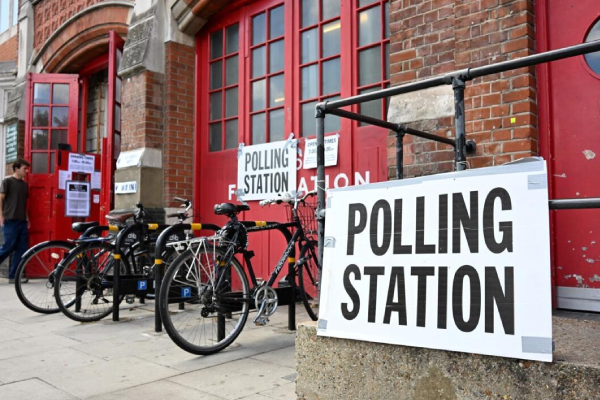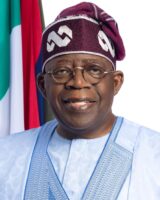The British government said on Thursday that it would implement a significant reform of the nation’s democratic system by granting 16 and 17-year-olds the ability to vote in all UK elections.
The proposed changes, according to the government, would harmonise voting rights throughout Britain, where younger voters currently participate in devolved elections in Scotland and Wales, and are part of an effort to increase public trust in democracy.
Globally, most countries have a voting age of 18, however in last year’s European Parliament elections European Union members were given the option to allow people to vote from the age of 16, a move taken by Germany, Belgium, Austria and Malta.

The change in Britain will require parliamentary approval, but that is unlikely to present an obstacle because the policy was part of Starmer’s election campaign last year which gave him a large majority.
Despite that win, Starmer’s popularity has fallen sharply in government after a series of missteps set against a difficult economic backdrop. His party sits second in most opinion polls behind Nigel Farage’s right-wing Reform UK party.
A poll of 500 16 and 17-year-olds conducted by Merlin Strategy for ITV News showed 33% said they would vote Labour, 20% would vote Reform, 18% would vote Green, 12% Liberal Democrats and 10% Conservative.
Read Also
There are about 1.6 million 16 and 17-year-olds in the UK, according to official data.
Just over 48 million people were eligible to vote at the last election, in which turnout fell to its lowest since 2001. The next election is due in 2029.
Britain’s Conservative Party, the second largest in parliament but which has fallen further behind rivals since losing power last year, said the reforms were being rushed in without proper consultation and were inconsistent for young people
Research from other countries has shown lowering the voting age had no impact on election outcomes, but that 16-year-olds were more likely to vote than those first eligible at 18.
“Voting at 16 will also help more young people to cast that all-important, habit-forming vote at a point when they can be supported with civic education,” said Darren Hughes, Chief Executive of the Electoral Reform Society.
To tackle foreign interference, the government plans to tighten rules on political donations, including checks on contributions over 500 pounds ($670) from unincorporated associations and closing loopholes used by shell companies.





